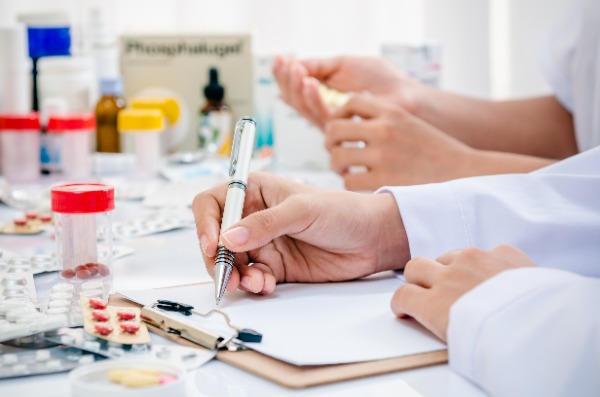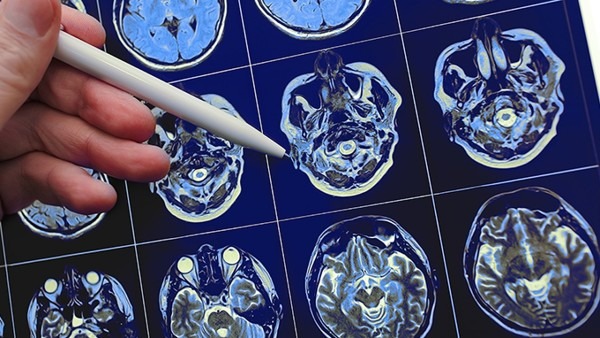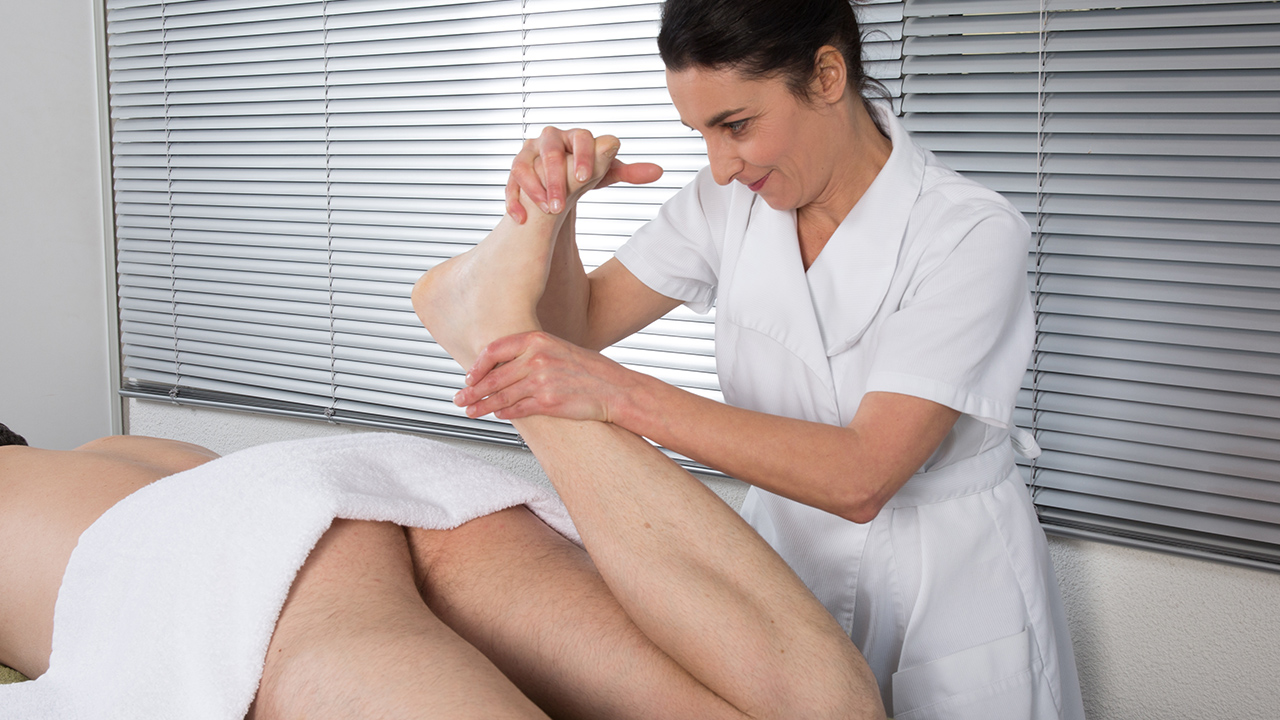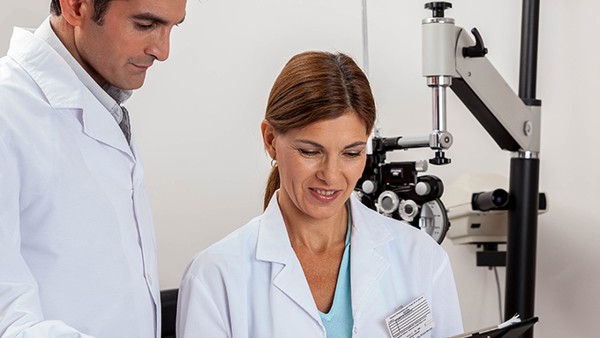Who is Prone to Prostate Cysts?

Prostate cysts are fluid-filled sacs that develop in the prostate gland. They are usually benign, meaning they are not cancerous. However, they can cause a variety of symptoms, including pain, discomfort, and difficulty urinating.
Risk Factors
The exact cause of prostate cysts is unknown, but there are a number of risk factors that can increase your chances of developing them. These include:
Age: Prostate cysts are most common in men over the age of 50.
Race: African-American men are at an increased risk of developing prostate cysts.
Family history: Men with a family history of prostate cysts are more likely to develop them themselves.
Benign prostatic hyperplasia (BPH): BPH is a condition that causes the prostate gland to enlarge. Men with BPH are at an increased risk of developing prostate cysts.
Prostatitis: Prostatitis is a condition that causes the prostate gland to become inflamed. Men with prostatitis are at an increased risk of developing prostate cysts.
Urethral stricture: A urethral stricture is a narrowing of the urethra, the tube that carries urine from the bladder to the outside of the body. Men with a urethral stricture are at an increased risk of developing prostate cysts.
Symptoms
The symptoms of prostate cysts can vary depending on the size and location of the cyst. Some men may not experience any symptoms at all, while others may have:
Pain: Pain in the perineum, the area between the scrotum and the anus.
Discomfort: Discomfort or a feeling of fullness in the rectum.
Difficulty urinating: Difficulty starting or stopping the flow of urine, or a weak stream of urine.
Frequent urination: The need to urinate frequently, especially at night.
Urgent urination: The sudden and strong urge to urinate.
Blood in the urine: Hematuria, or blood in the urine.
Diagnosis
Your doctor can diagnose prostate cysts with a digital rectal exam (DRE) and a transrectal ultrasound (TRUS). A DRE is a physical exam in which your doctor inserts a finger into your rectum to feel for any abnormalities in the prostate gland. A TRUS is an ultrasound exam that uses sound waves to create images of the prostate gland.
Treatment
Treatment for prostate cysts depends on the size, location, and severity of the symptoms. Small cysts that do not cause any symptoms do not usually require treatment. Larger cysts or cysts that cause symptoms may need to be treated with:
Medication: Medication can be used to relieve pain and inflammation.
Surgery: Surgery may be necessary to remove the cyst or to drain it.
Outlook
The outlook for prostate cysts is generally good. Most cysts are benign and do not cause any serious health problems. However, some cysts can cause discomfort or pain, and they may need to be treated.
The above is all the content that the editor wants to share with you. I sincerely hope that these contents can bring some help to your life and health, and I also wish that your life will be happier and happier.
Topic: #prone #is #who














